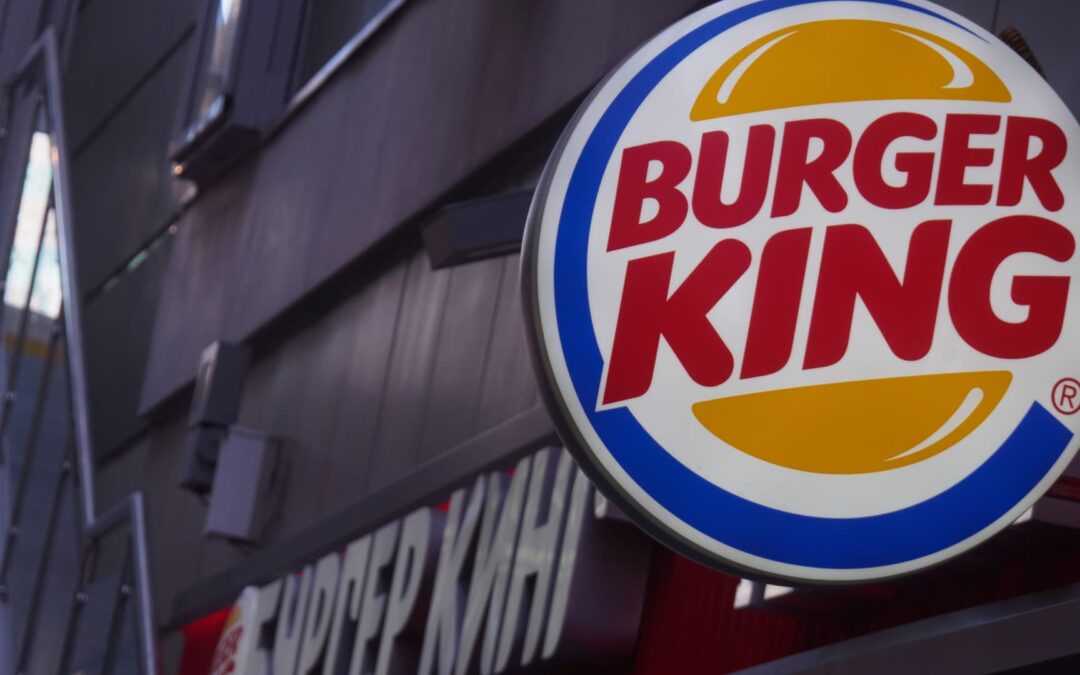Unlike McDonalds — which owns some 84% of its outlets in Russia — companies such as Burger King, Subway and Papa John’s often operate via franchise agreements there. Burger King said it demanded the main operator of its franchises suspend restaurant operations in Russia, but that “they have refused.”
Alexander Sayganov | SOPA | Lightrocket | Getty Images
Restaurant Brands International on Friday reported weaker-than-expected quarterly revenue, hurt by Burger King’s disappointing same-store sales growth.
Shares of the company fell less than 1% in premarket trading.
Here’s what the company reported compared with what Wall Street was expecting, based on a survey of analysts by LSEG, formerly known as Refinitiv:
- Earnings per share: 90 cents adjusted vs. 86 cents expected
- Revenue: $1.84 billion vs. $1.87 billion expected
Restaurant Brands reported third-quarter net income attributable to shareholders of $252 million, or 79 cents per share, down from $360 million, or $1.17 per share, a year earlier.
Excluding items, the restaurant company earned 90 cents per share.
Net sales rose 6.4% to $1.84 billion. Restaurant Brands reported same-store sales growth of 7% for the quarter.
Burger King’s same-store sales grew 7.2%, falling short of StreetAccount estimates of 8.6%. The burger chain’s international same-store sales increased 7.6%, while the metric rose 6.6% in the U.S.
Tim Hortons’ same-store sales growth of 6.8% met Wall Street’s expectations. In Canada, the coffee chain’s same-store sales climbed 8.1% in the quarter.
Popeyes was Restaurant Brands’ only chain to outperform expectations for same-store sales growth. The fried chicken chain reported the metric grew 7%, including a 5.6% increase in the U.S. That beat StreetAccount estimates of 5% growth.









